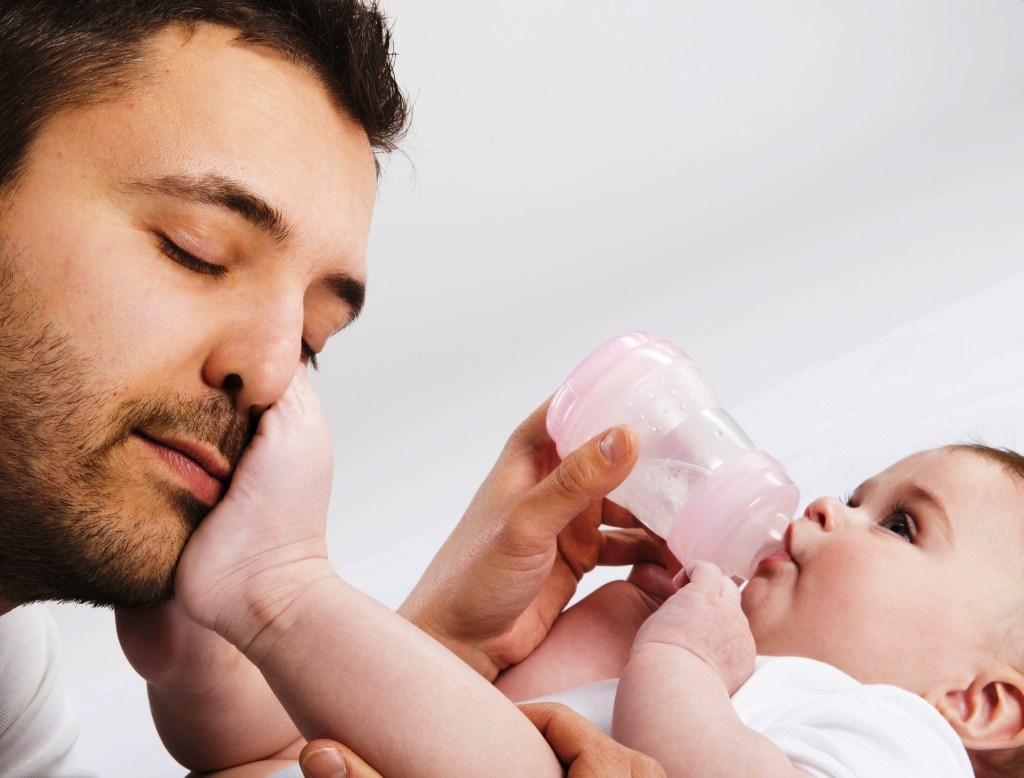When it comes to male fertility, size doesn't matter, but length does.
Length of his sleep, that is.
Researchers found that a couple was 42 percent less likely to become pregnant in a given cycle if the man was getting less than 6 hours or more than nine of sleep — compared to men who regularly slept for 8 hours a night, according to the report presented at the annual meeting of the American Society for Reproductive Medicine.
And it’s not just the number of hours in the sack that can be detrimental to reproduction, said lead researcher Lauren Wise of Boston University. Couples were 28 percent less likely to become pregnant if the man spent more than half the night tossing and turning, Wise reported.
Although the study didn’t look at how poor sleep might impact conception, other researchers have found that shorter time in bed was linked to lower testosterone levels and poor sleep was associated with lower testosterone, fewer sperm and fewer normally shaped sperm.
“Testosterone is a very important variable for physical and sexual function,” Wise said. “So if you’re not sleeping long enough or if it’s poor quality sleep that could plausibly affect fertility.”
The Boston University researchers followed 790 couples for a year or until they became pregnant — whichever came first. At the beginning of the study, the men were asked about lifestyle habits, including amount and quality of sleep. All the couples were trying to get pregnant naturally, in other words, without medical assistance.
When the researchers calculated the impact of sleep on fertility, they took into account factors such as body mass index of the men and women, the frequency of intercourse, the level of physical activity, alcohol consumption, smoking and number of hours worked per week.
Because the study is observational, the researchers can’t say for sure that poor sleep leads to lower fertility. But until someone does that research, it might make sense for men to make sure they’re getting their 40 winks, Wise said.
She offered some suggestions for improving sleep:
Reduce caffeine intake
Reduce consumption of sugar sweetened soda
Boost the level of exercise
Cut back to 40 hours of work a week.
Turn off computer and smart phones before going to bed
Even if the researchers haven’t proven that poor sleep causes a drop in fertility, there’s certainly no harm in getting a good night’s sleep, Wise said.
Couples trying to get pregnant may find the new study interesting, said Dr. Robert Brannigan, a professor of urology at Northwestern University’s Feinberg School of Medicine and Northwestern Memorial Hospital.
“My patients are always looking for behavioral approaches to optimize fertility,” Brannigan said. “This is interesting work. The next step would be to explain it.”
One thing to look into is stress levels, Brannigan said. “Sometimes people are getting less sleep because of a high degree of stress,” he added.
Brannigan offered some other lifestyle factors that men should keep in mind:
Avoid exposure to excessive heat. Exposure to saunas and hot tubs can hurt fertility, Brannigan said.
Cut back or stop smoking cigarettes or marijuana since both have been shown to damage fertility.
Reduce alcohol consumption.
Boost exercise
Make sure you’re eating a healthy diet
Fuente: www.today.com
